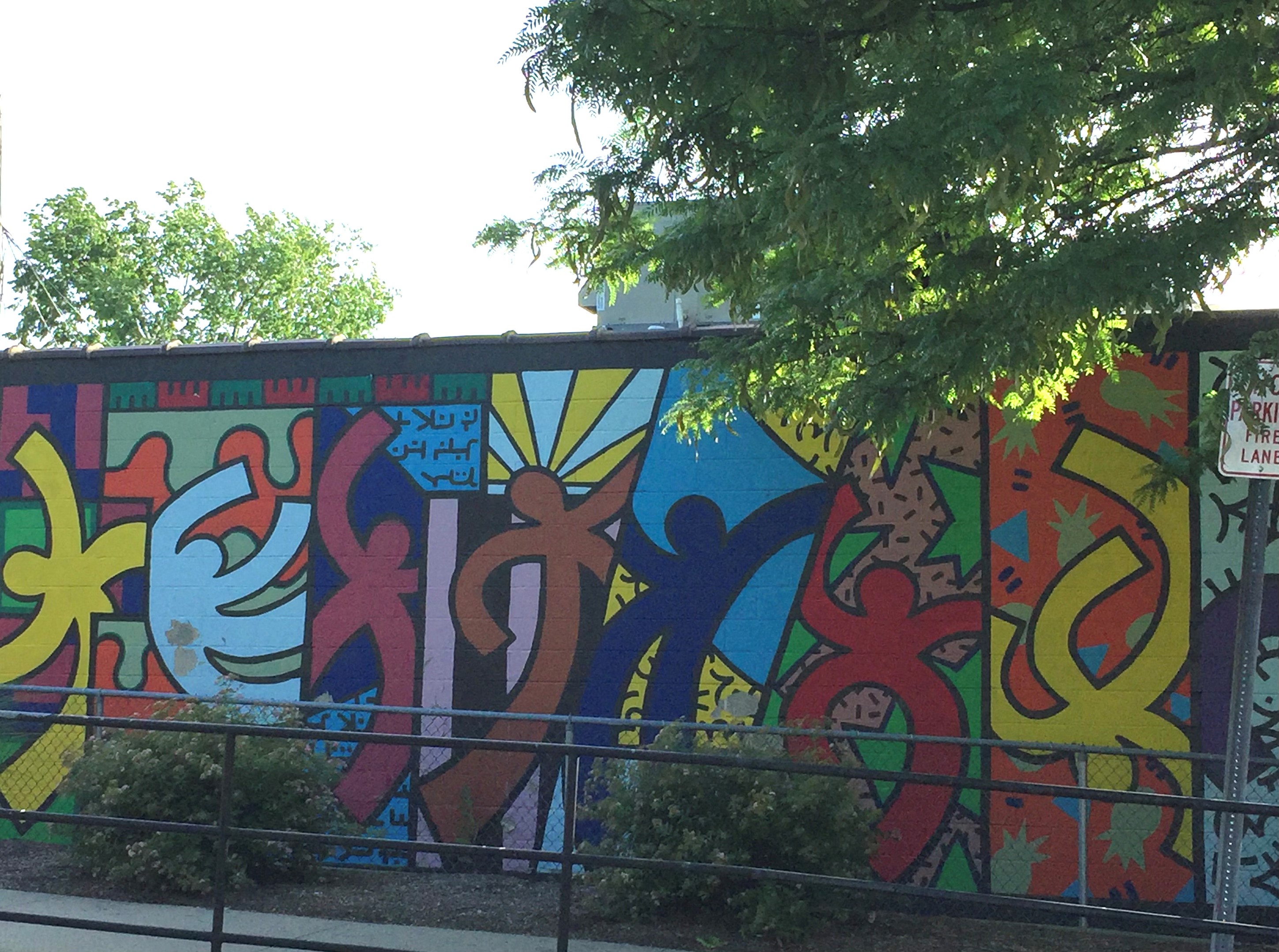English Classes

English Conversation Program in Principles of Language Learning
In the ESL and Bilingual-Bicultural advanced certification course titled Principles of Second/World Language Learning, and in partnership with New Labor and multilingual adults, language educators join and implement virtual English Lesson classes.
CEAR Integrated Course Description and Objectives
In Principles of Language Learning and in partnership with New Labor, language educators seeking an advanced certification in ESL and/or Bilingual/Bicultural Education critically engage with scholarship on language learning, using social justice and equity lenses, and orienting towards promise. To bring this knowledge and awareness into practice, we engage in community-centered events and offer virtual English classes to multilingual adult New Labor members. Through mutually beneficial, co-learning opportunities with our partner New Labor and its members, language teachers develop core understandings of language and literacies, and are apprenticed in culturally-sustaining and liberatory practices that counter deficit perspectives on language learning and disrupt prevailing monoglossic ideologies. In learning with multilingual community members, language teachers expand their repertoire of culturally-sustaining practices that center the historical, linguistic, and cultural backgrounds of emergent bilinguals; and they enter and create a life-long learning community.
Integrated Community-Engaged Programming in Action
English Classes with New Labor familiarize language educators with community-engaged language learning and teaching practices. Learning together with adult multilingual community and New Labor members, the community-engaged English Classes with New Labor center the funds of knowledge, ways of knowing, lived experiences, and linguistic repertoires of multilingual community members. In turn, language educators learn with and from multilingual community members. Together they create and implement a welcoming and multilingual space of learning that expands the linguistic repertoires of all participants.
Introduction to Community-Engaged Language Learning
Artifacts
For this project, several artifacts were developed alongside course materials. These include:
- English Classes lessons and materials
- Session plans and Facilitator Guides for English Classes with multilingual adults
- Professional development training videos and instructional materials for teacher education courses and for community-based organizations:
- Community-centered videos and projects highlighting the voices, experiences, and language learning journeys of multilingual community workers.
Key Suggestions for Implementation
See videos and tutorials:
A Focus on Planning for Community-engaged language learning:
A Focus on Facilitation in Community-engaged language learning:
Resources
Baker-Bell, A. (2020). Linguistic Justice: Black Language, Literacy, Identity, and Pedagogy. New
York: Routledge.
Celic, C. & Seltzer, K. (2013). Translanguaging: A CUNY-NYSIEB guide for educators.
CUNY-NYSIEB. Retreived 26 August 2020 from
https://www.cuny-nysieb.org/wp-content/uploads/2016/04/Translanguaging-…
Cummins, J., Chow, P. & Schecter, S.R. (2006). Community as curriculum. Language Arts, 83(4),
297–307.
García, O. (2019). Decolonizing foreign, second, heritage and first languages: Implications for
education. In Macedo, D. (ed.), Decolonizing foreign language education, pp. 152-168.
New York: Routledge.
McGregor, Kristidel, Deanna Chappell Belcher & Katie S. Fitch (2019) Reclaiming Your Time:
Tools From Culturally Responsive Pedagogy (CRP) for Making General Interventions
Local, The Educational Forum, 83:3, 266-277.
